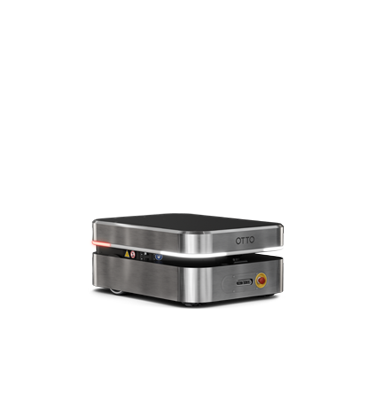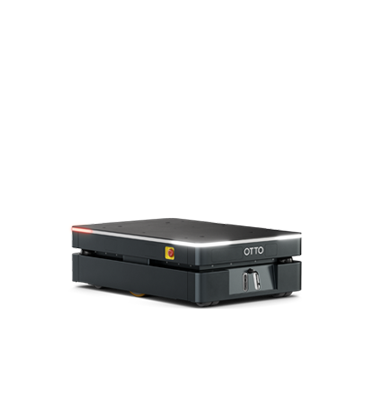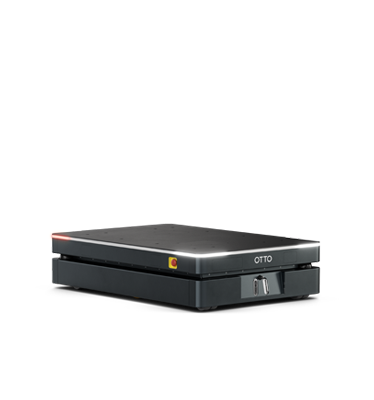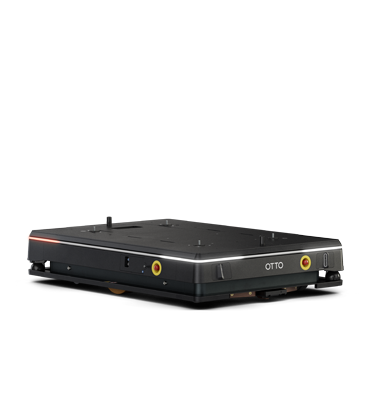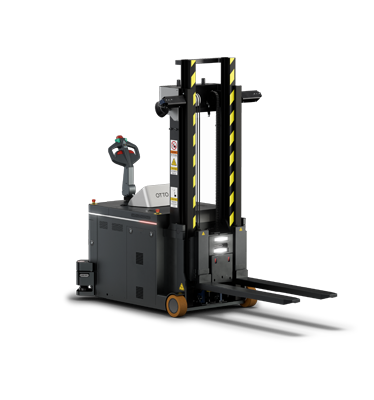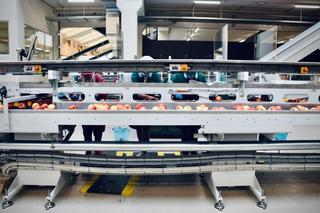Blog
4 steps to get started with Industry 4.0

We are in an arms race to find a new means of raising the bar for productive, competitive manufacturing. Some say AI is the last tech human beings will ever really invent, learning from and adapting to our every decision. People aided by low-intelligence computers are making way for robotics, machine learning, and autonomous systems. In a market that is 3.0-saturated, Industry 4.0 is the natural next step.
Industry 4.0 is a complex phenomena that includes many moving parts - literally and figuratively. While we strive to combine autonomous mobile robots with AI to expedite material transport safely, one of the questions we're asked is: How do I get started with Industry 4.0? With some inspiration from Readwrite, we’ve put together 4 areas to review when considering a move toward Industry 4.0 implementation:
1. Gain management support
Efforts to modernize your facility are all for not if executive management is not onboard. Gather information and find reputable resources to showcase the benefits - including the competitive advantage - that Industry 4.0 capability can generate for the operation.
If able, identify and pilot test tools and equipment to identify advantages and first signs of success. Pilot testing many Industry 4.0 technologies present risk mitigation as they are flexible, scalable and intelligent, meaning they provide insight via data that was not necessarily tracked or available before - this data can be used as the key to drastically improving performance within the facility.
Lastly, be honest about potential challenges. Production line leadership will best be able to gauge the business impact of Industry 4.0, as well as assess the impact on employees.
2. Start small with scalable Industry 4.0 tools
If you are looking to introduce Industry 4.0 into your workplace but are balking at the costs and other unknowns, start small in order to scale up. Consider the tools or individual pieces of equipment that can be integrated into a larger strategy. Industry 4.0 technologies are flexible and enable data-based decision-making, so they can scale with your operation. Fully autonomous solutions, for instance, offer newfound flexibility to the manufacturing industry, in turn, manufacturing flexibility is able to reduce NPI setup by 75%.
The notion of data and automation are not overwhelmingly complicated but they are complex items to integrate. Down the line, you’ll need executive sponsorship for cloud-based interoperability, as opposed to human-in-the-loop automation and control. It is, after all, a complete conceptual and cultural change. For now, make small agile changes, test them and report the results. For example, evaluate new-age tools and equipment, determine bandwidth requirements for connected pieces that share and report data, then build a plan to move your facility toward a wifi-capable operation.
3. Connect OT with IT
Industry 4.0 entails that operational technology is completely integrated with information technology. The 2016 Frost & Sullivan report called Automotive 4.0 - Robotics in the Future of Autobuilding explains, "The cross-pollination of ideas, technologies, and processes between the worlds of information technology and operations technology will form the crux of the fourth industrial revolution.”
Connect your operations teams (OT) with the information technology (IT) department over a series of workshops to begin integration with a new platform. Give them joint responsibility so that conversations can flow more naturally. Once they are confident in the plan moving forward, your workforce will begin evangelizing the idea. Together, the teams can act as advocates driving change forward and inspire investment in new Industry 4.0 capabilities.
4. Find the right partner
Find a reliable partner that is willing to work with you, through the planning, implementation and growth of your Industry 4.0 strategy. It's important to find suppliers and integrators who are credible, have a proven track record, and are accessible to your inquiries. Industry 4.0 technology isn't a one-time product, it's a investment that lasts over time - you will need to build a lasting relationship with your partners.
